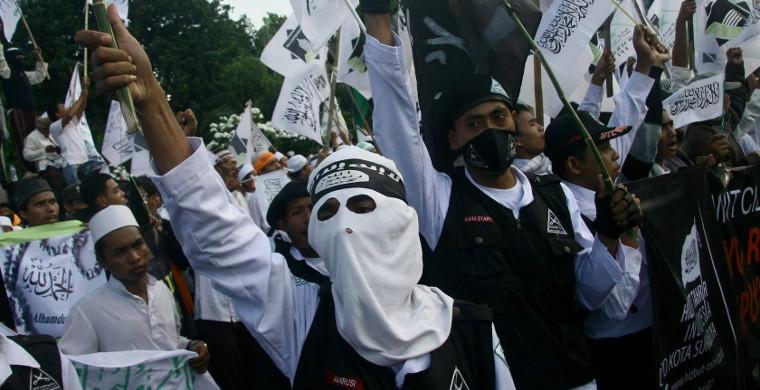OXFORD: Conference explores the issue of religiously inspired violence
By Chris Sugden
http://anglicanmainstream.org/conference-explores-the-issues-of-religiously-inspired-violence/
September 15, 2016
How should the insecurity in the world arising from religiously inspired violence be addressed? At the conference of the International Consortium for Law and Religion Studies in Oxford, coinciding with the fifteenth anniversary of 9/11, Dr Jeremy Gunn from Morocco argued that the USA's policy of hunting out and destroying terrorists had been totally ineffective.
Dr Gunn suggested that the following steps were needed: deal with the source of much terrorist activity, Saudi Arabia from where 15 of the 19 hi-jackers of 9/11 came; deal with unresolved issues that exacerbate the problem, for example the the Israeli occupation of the West Bank; ensure that countries ( such as the USA and France) do not discriminate on the basis of religion; be wary of state sponsored religion in Central Asia where religious dissidents are treated as enemies of the state; and avoid undue securitization of religious issues that fails to distinguish harmful acts from legitimate religious behaviour.
The three-day conference with over 100 speakers from over 30 countries expressed the tension between advocates of religious freedom and ideologues for human rights. Dr Cole Durham, founding director of ICLRS and himself a Mormon asked whether provision should not be made for a pharmacist who objected to giving the morning after pill if a nearby pharmacist would. Some human rights ideologues urged that if no alternative was available, the human rights of the 'patients' trumped the objections of the pharmacist. Responding to the observation that UK Roman Catholic adoption agencies had been forced to close even though alternatives for same-sex partners who wanted to adopt did exist, some ideologues advocated that there should be no private but only state provision in accord with human rights.
Responding to Paul Diamond of the Christian Legal Centre In this discussion of state legislated intolerance and tyranny, David Pollock, a past chair of the British Humanist Association argued that people should not enter the professions unless they were prepared to fulfill every aspect of it allowed under law. The implications for doctors ( on abortion), marriage counselors (counselling same-sex partners) and clergy ( marrying same-sex couples) are very worrying. It is likely that Canada will soon remove the right of doctors to refuse to carry out abortions.
Dr Durham observed: "One of the major issues of our time is finding ways for religious and secular people to live together and one of my worries is while avoiding other forms of discrimination, to have no qualms about discrimination against religious people. We need to find ways to protect both."
Some now claim that religious freedom is an imposition of western power and control. In response Dr Timothy Shah, the co-editor of two volumes on Christianity and Freedom (CUP) showed how religious freedom had a long history in many cultures going back to the edict of Emporer Ashoka in the third century BC. Ashoka declared that a man must not disparage the sect of another without reason. Further, religious freedom was most often not championed by the powerful but the powerless.
Shah said: "Religious freedom (rooted in every human being's simple yearning to explore and embrace authentic answers to the most ultimate questions, free from coercive interference by others ) should be seen as a necessary beginning without which even a minimally decent and stable society is not possible. It is what societies need to do to get past the gate of acceptability, not what societies should do in order to achieve perpetual peace or a modern Enlightenment utopia."
END














